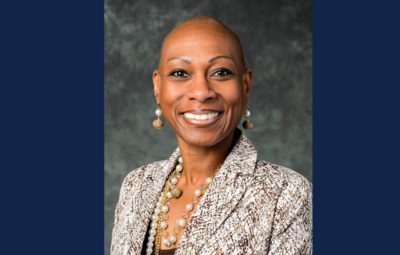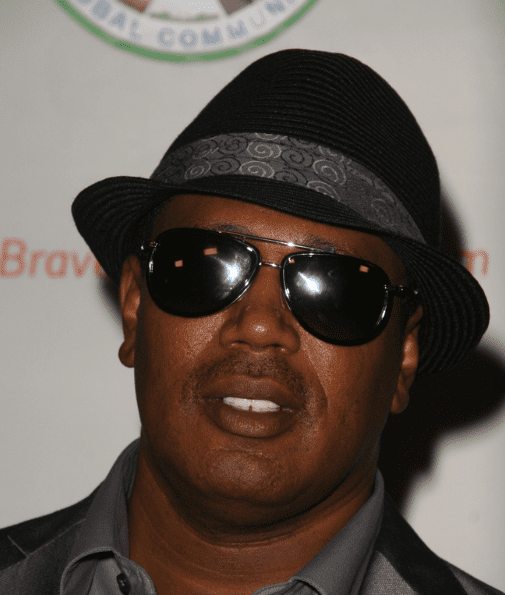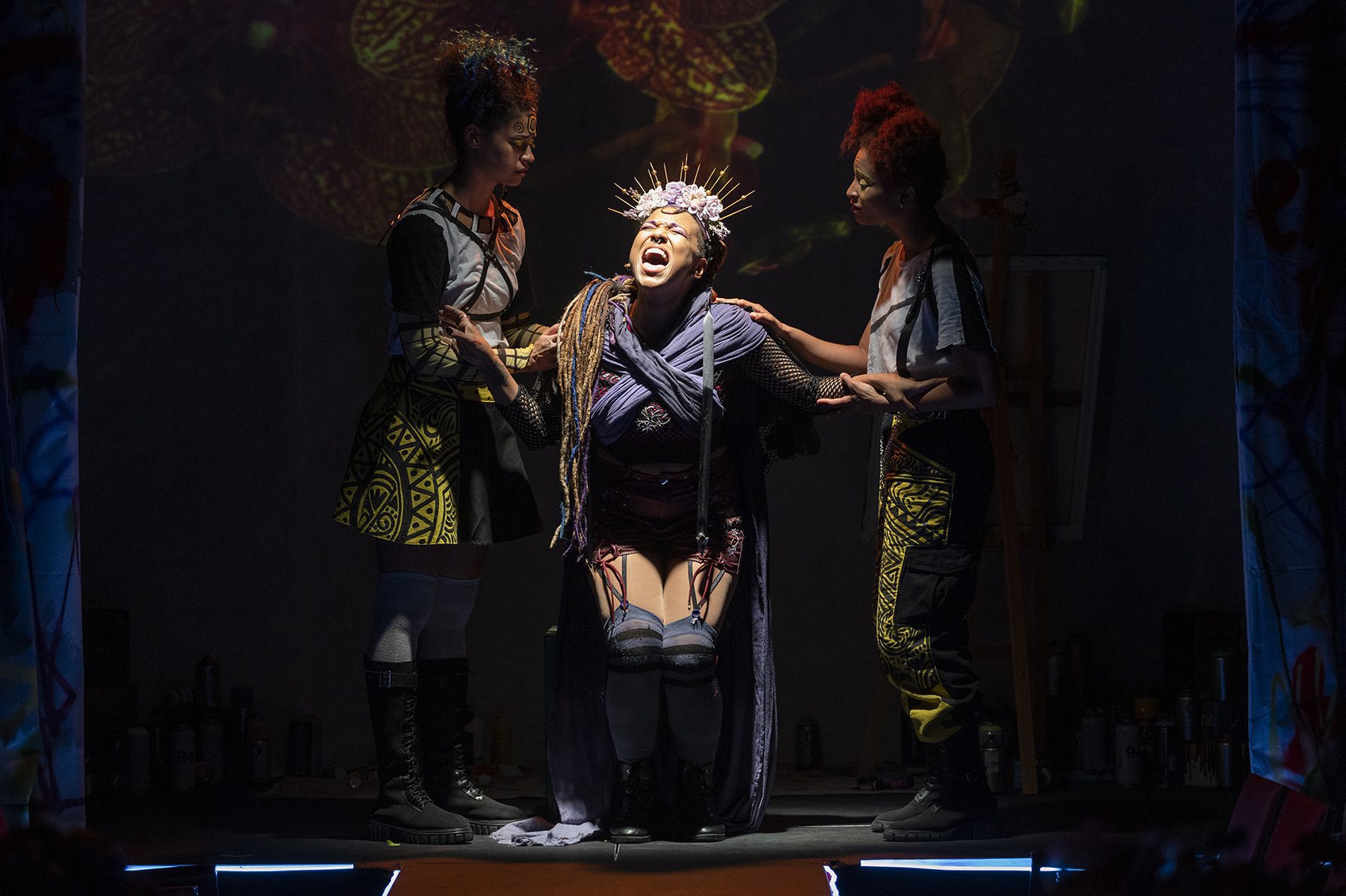
From celebrities to the girl or boy next door, mental illness is real. We can blame it on being uninformed or ashamed to discuss it, but it is certainly an issue that needs to be addressed. Rolling out had the opportunity to speak with Jasmine Hubbard, a licensed clinical Professional counselor about mental illness in the Black community.
What are your thoughts on mental illness in the Black community?
I believe that mental illness is something that is not discussed in the African American community due to lack a of information as well as a misunderstanding about mental health issues. There is a belief that a mental health condition is a weakness and something to be ashamed of. According to the US Census Bureau (2014) 13.2 percent of the U.S. population identifies as Black or African American. Out of that 13.2 percent, 16 percent of those individuals had a diagnosable mental illness in 2014 (Substance Abuse and Mental Health Services Administration), that accounts for about 6.8 million people. Can you imagine that? [More than] six million people. Many African Americans feel as though they already face several hardships and difficulties due to the color of their skin and other socioeconomic factors, so to allow themselves to be “labeled” as mentally ill is something that they try to avoid at all cost and something that is not discussed. In addition to the stigma of mental illness, many individuals are not sure where to find help when they may need it or may completely disregard community resources that are set in place to help due to the notion of “what happens in our house stays in our house. African American tend to not talk about personal matters to “outsiders” due to mistrust and fear of what could happen if I talked about my thoughts, feelings and experiences. When we look from a historical perspective, African Americans have been subjected to discriminatory practices in the health care system which impacts their desire to seek treatment. African Americans are also more likely to be misdiagnosed and provided inadequate treatment due to a lack of cultural competence by health care professionals. Due to the mistrust, many African Americans rely on their family and spiritual beliefs instead of seeking help from a health care professional.
With the growing murder rate in the urban community, especially in Chicago, would you say not properly dealing with grief and loss of a loved one can play a factor in mental illness and depression?
I would argue that due to the growing murder rate in urban communities, and especially in Chicago, there are a number of individuals who have been impacted by these traumatic deaths and have not received the appropriate support and counseling needed. Elisabeth Kübler-Ross [Swiss-born psychiatrist] proposed five stages of grief in her book On Death and Dying. These steps include: denial and isolation, anger, bargaining, depression and acceptance. Kübler-Ross argued that most people experience these stages (not necessarily in this order/ sequence) when they face the reality that they are dying. These stages were later applied to individuals dealing with the death of a love one. When dealing with grief and loss it is important to have adequate support and beneficial to seek professional help. When grief and loss are not properly addressed it can lead to symptoms of depression, substance use/abuse, suicidal ideations, hallucinations, mood swings —outbursts or anger — and even anxiety and panic attacks. The grieving process can become destructive for an individual when they do not move through the various stages of grief and seek the needed support. I believed that the violence in our communities have left so many people in a state of grief that they do not know how to overcome. The grief is so pervasive it may lead to other acts of violence [or] retaliation and these individuals do not seek support and professional help due to the stigma surrounding mental health issues.
How do we break the stigma surrounding mental illness?
The most important things we can do to begin to break the stigma surrounding mental illness is to begin to have open and honest conversation about mental health. We must break the silence and stop allowing these things to be family secrets. We also need to make sure we educate ourselves and others regarding mental health issues so that we can advocate and support those impacted. Lastly, we must be mindful of the things we say, it’s not OK to call people “crazy” or “psycho.” These words leave lasting impressions and make it that more difficult for individuals to seek the help they need and deserve. They are more than their illness, they are people. They are our mothers, fathers, brother, and sisters.
Jasmine Banner-Hubbard’s clinical experience includes working in community mental health outpatient facilities as well as inpatient. She is committed to reducing the stigma of mental illness and increasing awareness in minority communities.

















